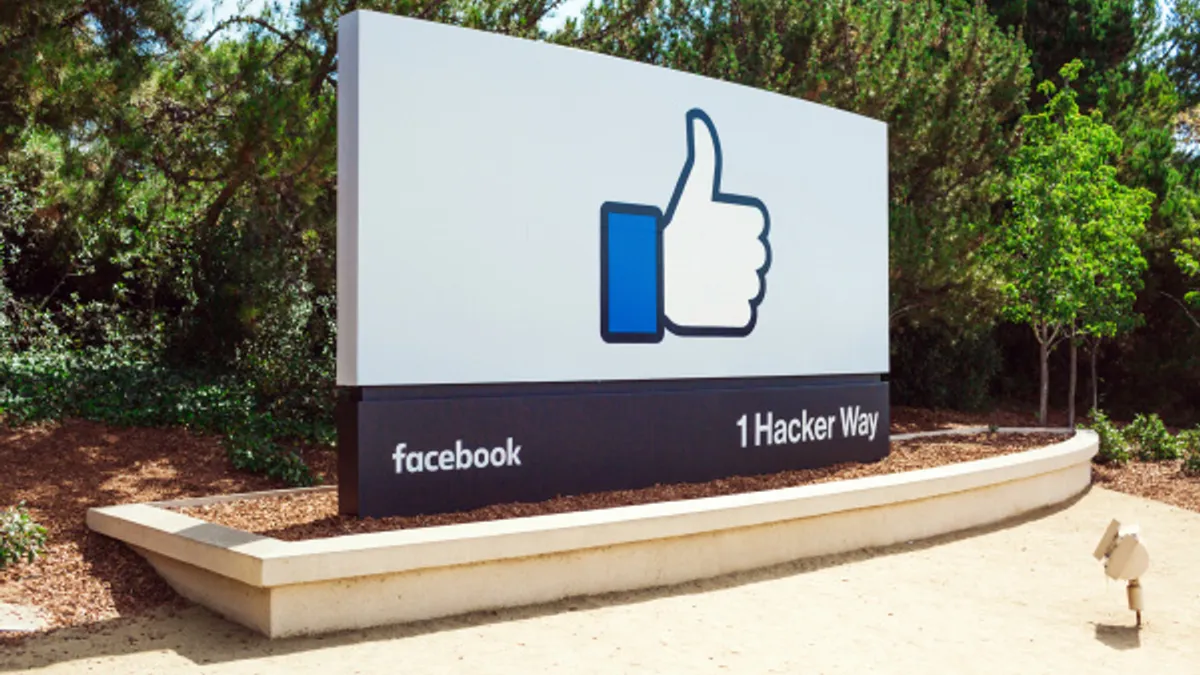Brief:
- Facebook plans to test a subscription-based news service as early as October for publishers to help them monetize their content offerings, according to a report in TheStreet. The social network, which has 2 billion users worldwide, has been developing a paywall to handle premium and metered plans.
- This move comes in response to news organizations' feedback about having little control over how their stories appeared on Facebook, according to Facebook's head of news partnerships Campbell Brown, cited in Digiday.
- Facebook would require users to become paid subscribers of the platform after they access more than 10 articles per month, Brown announced at the Digital Publishing Innovation Summit in New York on July 18.
Insight:
As Facebook becomes an increasingly significant way for people to share and consume professionally produced content, the social network has faced a litany of complaints from publishers. Grievances include the suppression of certain political viewpoints, the distribution of "fake news," or propaganda disguised as news and the unwillingness to listen to publisher concerns. But the worst sin, according to many news publishers on the platform, is sharing too little ad revenue with content providers.
Facebook's announcement of the paywall comes a week after the News Media Alliance, an organization that represents hundreds of newspapers, asked Congress for an exemption to antitrust laws so that they could collectively bargain with major media platforms, specifically Facebook and Google. The two companies, sometimes referred to as the "duopoly," dominate online media with their combined 60% share of the digital ad market.
Facebook's subscription service is the most significant development for publishers on the platform since it introduced Instant Articles two years ago. Facebook launched the fast-loading mobile articles feature as a way to keep users engaged with the social network. But according to a report in Digiday, many content providers said Instant Articles don't monetize as well as hyperlinks to publisher websites. The New York Times, Forbes, Quartz, Hearst and Condé Nast are among the publishers that either abandoned Instant Articles altogether or cut back on the platform.














